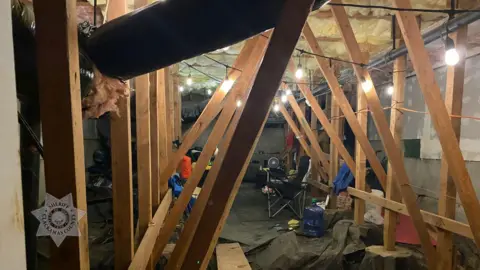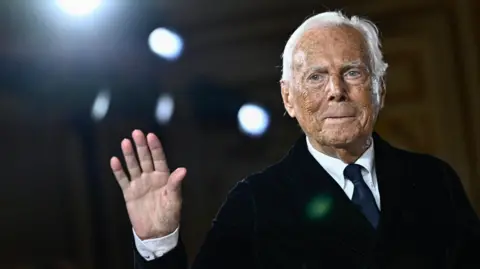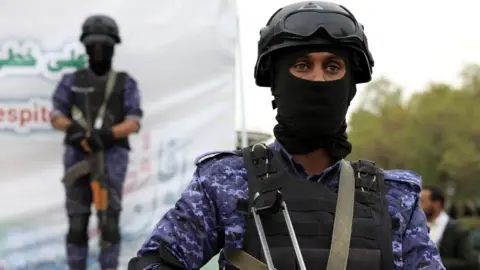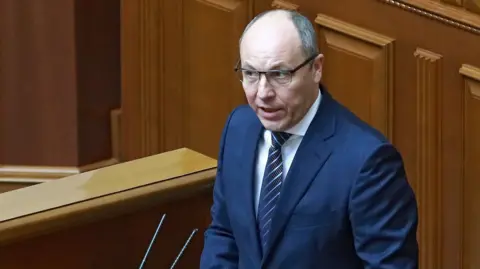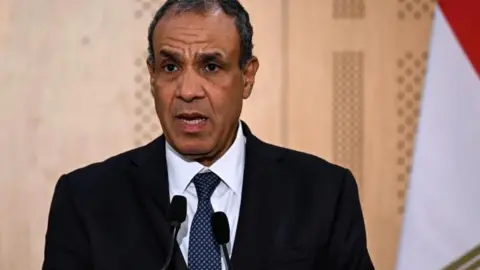Iranian authorities have made their first official confirmation regarding the arrest of Italian journalist Cecilia Sala, a 29-year-old podcast host detained for allegedly violating the laws of the Islamic Republic. This incident has surfaced amid rising geopolitical tensions, particularly after the U.S. requested the extradition of an Iranian citizen, Mohammad Abedini, from Italy.
Sala was apprehended on December 19 while preparing to leave Iran after a reporting trip. Since her detention, she has reportedly been placed in solitary confinement at Evin prison in Tehran. The Iranian government has not publicly linked her arrest to the Abedini case; however, a U.S. state department spokesman suggested that Sala may be used as “political leverage” in the situation.
Abedini was arrested in Milan for allegedly supplying parts for drones to the Islamic Revolutionary Guard Corps (IRGC), potentially contributing to the deaths of three American soldiers. The U.S. is actively pursuing his extradition, which has reportedly triggered Iranian actions, including the summoning of a senior Italian diplomat after Abedini’s arrest.
In response to Sala’s detention, Italian Foreign Minister Antonio Tajani condemned the arrest as "unacceptable," expressing that efforts to secure her release are complex and sensitive. He indicated that progress would require careful diplomatic negotiation rather than public outcry. Italy's Defence Minister Guido Crosetto reiterated that the government is diligently working for Sala's freedom and emphasized the importance of a quietly conducted diplomatic approach.
Media company Chora Media, where Sala works, revealed that it initially withheld information about her detention per the wishes of her family and in hopes of a swift resolution. On December 27, they publicly confirmed her situation, noting that the silence did not yield her immediate release.
Despite the difficult circumstances, Sala is reportedly receiving consular access and maintaining contact with her family via phone. Reports also indicate she has received personal items while incarcerated, including food and necessities, aimed at making her stay in prison less harsh.
As this situation develops, it underscores the potential intertwining of journalistic freedom, political maneuvers, and international diplomacy, placing Sala's case at the center of a broader geopolitical narrative. The Italian government continues to seek a resolution to secure her release amidst these complex dynamics.











